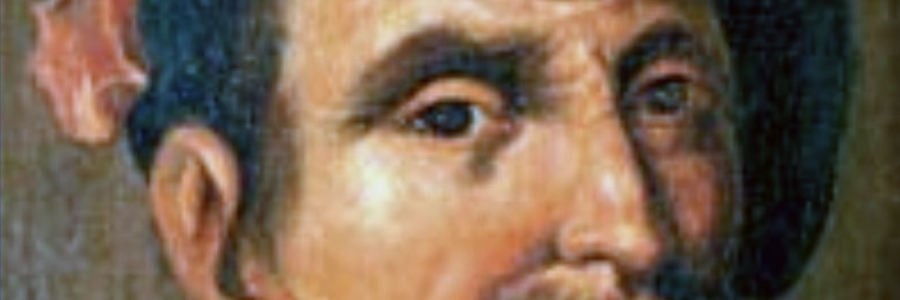
Creator of first modern maps of the world
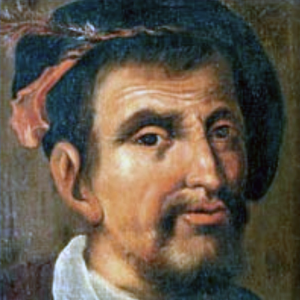
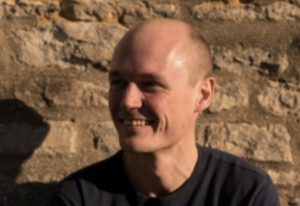
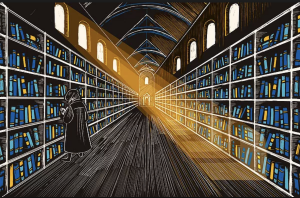 W
W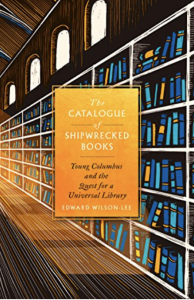 ithout libraries we have neither a past nor a future. This book highlights for the first time in English the story of the first great universal library in the age of printing and of the son of Christopher Columbus who created it.
ithout libraries we have neither a past nor a future. This book highlights for the first time in English the story of the first great universal library in the age of printing and of the son of Christopher Columbus who created it.
Edward Wilson- Lee starts the book with “on the morning of his death, Hernando Colon (Christopher Columbus’s illegitimate son) called for a bowl of dirt to be brought to him in bed. He told his servants he was too weak to raise his arms and instructed them to run the soil on his face.”
The epic story unfolding where Columbus, returning from his disastrous third voyage in 1500, half blind, “stripped off his governorship and his dignity and bound in chains, hand and foot’ the same chains he would order to be buried with him, to remind posterity how the man who had “broken the chains of the ocean”.
Hernando was one of the first and greatest visionaries of the print age and spent one living with his father in a shipwreck of Jamaica. He created a dictionary and a geographical encyclopaedia of Spain with first modern maps of the world, spend time in almost every major European capital, and associated with several great people of his day, from Ferdinand and Iable to Erasmus, Thomas More and Durer.
There is the admiral, convinced that the Earth was not in fact “perfectly spherical; it was shaped like a woman’s breast globular in form but rising to a peak like a nipple.”
The 13-year-old Hernando taken by his father on the fourth and last voyage, a more thoughtful Trinculo,, slitting open a shark to find inside it the head of another shark and an entire turtle.
Travelling to stay at the Governor’s palace in Santo Domingo in 1509, the 21-year-old Hernando made sure to take objects practical as well as cultural ironmongery including an adze, chisel and auger since, iron would count for more in the American than gold, but also pigments for painting, Clavichord strings 47 pages of music and 238 books.
Our hero like some Renaissance Zelig, materialises in Rome, Venice and Antwrerp, all at crucial historical junctures: Albrecht Durer, Venetian Chronicler Marin Sanudo and Erasmus.
He wrote the first biography of his father, creating the legend of Columbus that held sway for many hundreds of years. He amassed the largest collection of printed images and of printed music of the age, started Europe’s first botanical garden and created by far the greatest private library Europe had ever seen, with 15, 000 books every other library of the day. Only 4000 items of his library now survive.
The Catalogue of Shipwrecked Books: Young Columbus and the Quest for a Universal Library by Edward Wilson-Lee, Harper Collins £25, 416 pages.
